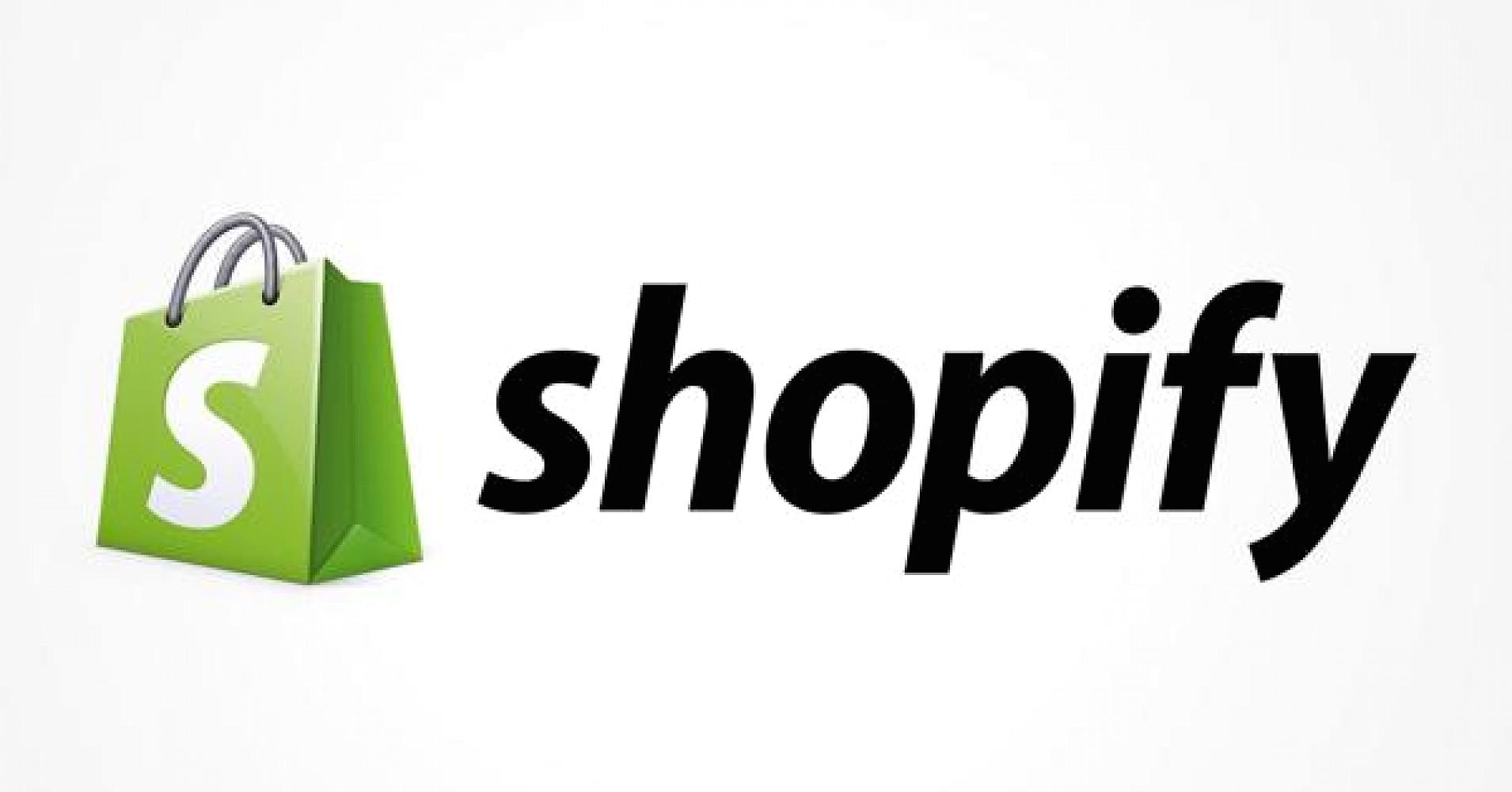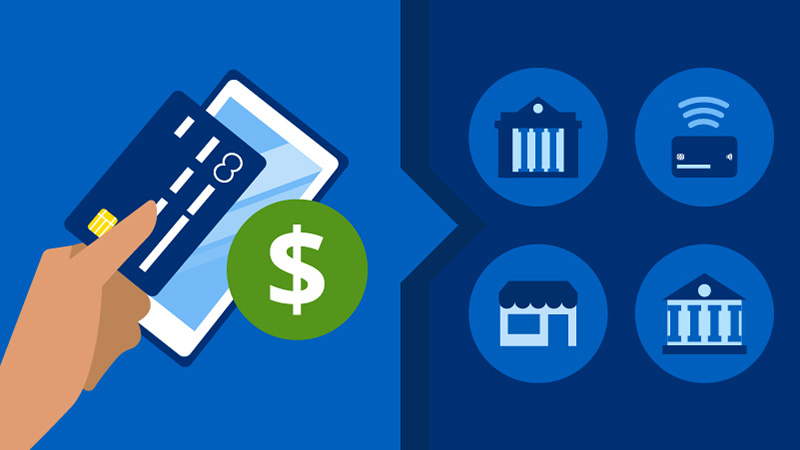Best E-commerce Platforms for Business in 2025
Running an ecommerce business is exciting. You get to design a brand, build a website and share your products with the world. But as you launch into your to-do list take time to think about where your business is heading. What tools will you need in the future?
This article compares the top 11 ecommerce platforms for starting an online business. Take a look at the features and price plans of these popular software products, and consider your entire business plan as you review each platform.
What is an ecommerce platform?
An ecommerce platform contains software for building and running an online store, and performing other retail tasks such as marketing, inventory management, and payment processing.
The best ecommerce platforms enable merchants to design unique websites and manage their businesses as they grow and evolve. Here’s an overview of the 11 best ecommerce platforms for 2025 to help make the right choice for your customers.
Shopify
Shopify is the world’s leading ecommerce platform. Its self-hosted software helps you sell everywhere your customers are, with features to handle all aspects of retail.

From website design and product management to finances and shipping. Best E-commerce Platforms for Business in 2025
Why choose this ecommerce platform?
With Shopify, you can start a business from home and grow until you’re an international brand with physical storefronts (you wouldn’t be the first Shopify merchant to do so)

It’s a platform that supports individual business journeys, with a single admin to manage your entire business, optimize your store, sell on social media, or explore popular retail models like dropshipping.
Store builder
Shopify’s user-friendly store builder offers more than 100 no-code mobile-friendly themes.

Optimize unlimited product listings with the editor’s built-in Al assistant, which helps generate website’s functionality with third-party apps or develop a completely custom online storefront.
Selling features
Shopify supports selling through your website, directly on social media and marketplaces, wholesale to other retailers and in-person with Shopify POS.

Features like abandoned cart recovery and targeted email campaigns help capture more sales, while tools for international selling make cross-border ecommerce simple.
Payment processing
Every Shopify plan includes a native payment provider that accepts all major payment methods as soon as you launch. Plus, more than 100 third-party payment providers are compatible.

Shopify’s checkout is highly customizable, letting merchants offer customers a variety of payment options including express checkout, in-store pickup, discount codes, and Shop Pay-the best converting checkout option on the internet.
BigCommerce
Like Shopify and Wix, BigCommerce offers web hosting and customization options for your ecommerce store, as well as tools for international selling, SEO, and listing products on marketplaces.
Why choose this ecommerce platform?
BigCommerce is favored by enterprise-level companies for its features that support large-scale retail. However, it’s important to note that some users find the platform less flexible and user-friendly compared to others.
See how BigCommerce compares to Shopify:
Plans and pricing
Plans with BigCommerce start at $29 per month when billed annually.
E-commerce features
BigCommerce integrates with sales channels like Google Shopping, Facebook price comparison engines, Amazon, and Etsy. The mobile app allows you to view analytics and manage inventory on the go, although some features are Android-only. There is also no native POS system.

The need for an easy, flexible interface was a major factor in clothing brand Grace & Lace’s decision to migrate from BigCommerce. It moved to Shopify to take advantage of the platform’s seller-centric ecosystem.
Pros and Cone
- Fully hosted
- Management tools for big businesses
- No native POS
- Expensive themes
- Some merchants find design tools lack-user-friendliness
Adobe Commerce (formerly Magento)
Adobe Commerce is a powerful non-hosted ecommerce platform designed for developers and large businesses that want a customizable online store.
Why choose this ecommerce platform?
Adobe Commerce is ideal for brands seeking a high level of customization. It offers extensive flexibility but typically requires an in-house developer to maximize its potential and maintain the site.

See how Adobe Commerce compares to Shopify:
Plans and pricing
Adobe Commerce offers custom pricing based on the specific needs and scale of your business.
E-commerce features
The platform integrates with Amazon sales channels. However, it lacks out-of-the-box features for a seamless multichannel strategy. There isn’t easy to turn on social commerce or marketplace selling. The same goes for handling international transactions.
Adobe Commerce also lacks a mobile app or native POS system.
Ecommerce kids’ apparel business Character.com wrestled with a complex Adobe Commerce site before migrating to Shopify. Its website contained thousands of products and tons of integrations, making content management exhausting. After moving to Shopify, Character.com conversions increased 40%.
Pros and Cons
- Supports custom store designs
- Hosting not included
- Requires technical knowledge
- Lacks out-of-the box ecommerce features

